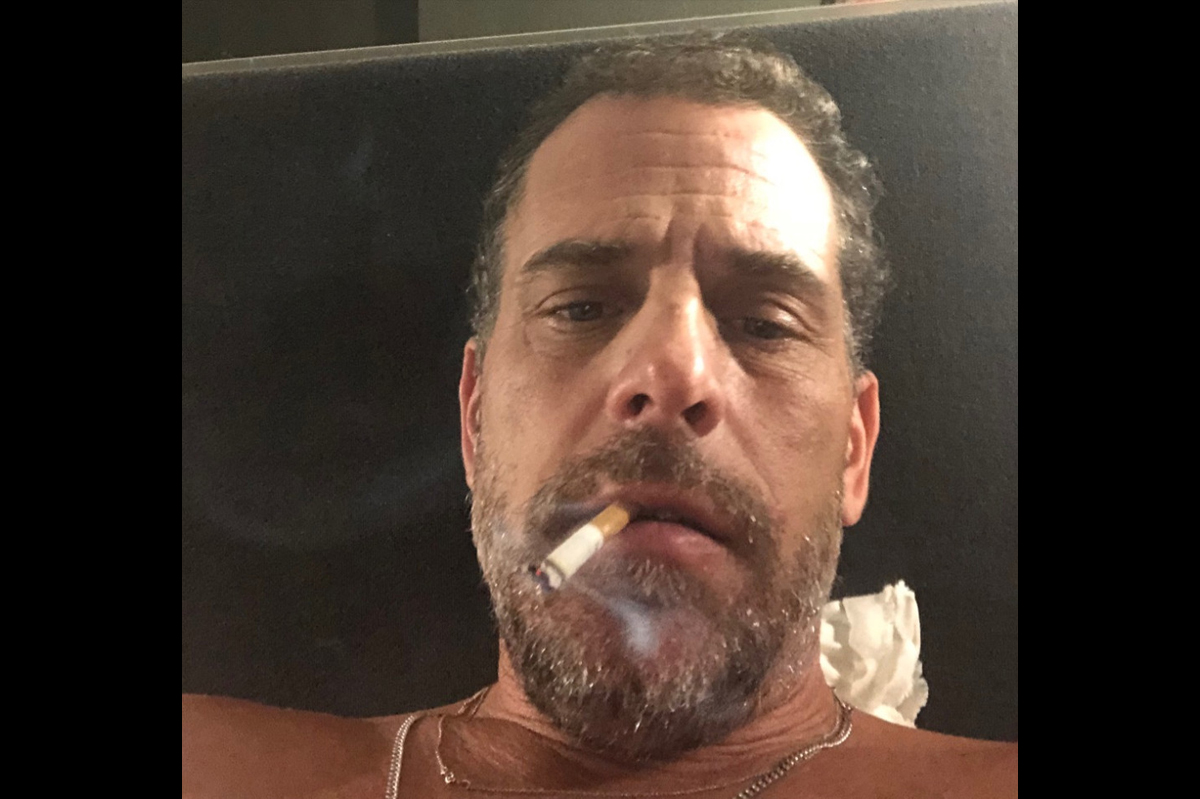Lawyers for New England Patriots owner Robert Kraft are suing Florida prosecutors, alleging that they’re withholding evidence related to prostitution charges faced by the football magnate. It’s the latest salvo in an ongoing battle between Florida authorities and those they nabbed in a series of Asian spa stings early this year.
At the beginning of October, the Florida attorney general’s office filed an appeal of a court order that the massage-room video footage of Kraft was inadmissible as evidence.
If they were smart, the state prosecutors would let this one go — and hope everyone forgets the embarrassing, abusive shenanigans law enforcement pulled with their six-month ‘human trafficking’ stakeout.
The operation was initially heralded by police and city authorities as a rescue mission aimed at freeing captive Chinese sex slaves. But before long, they were forced to admit that no human-trafficking victims had been found. In fact, evidence in police possession long before they brought charges and went on a media blitz showed no sign of underage girls, undocumented immigrants, or even unlicensed massage therapists at the raided spas.
A lot of people’s civil liberties were violated under dubious pretenses.
‘There was nothing approaching the showing of necessity that the Fourth Amendment to the US Constitution requires,’ argued Kraft’s lawyers back in March, after filing a motion to dismiss the video evidence being wielded by prosecutors. (Kraft had already issued a ‘not guilty’ plea to solicitation of prostitution.) ‘Any suggestion of human trafficking being suspected was unfounded and irresponsible,’ as police failed to get ‘a probable cause finding regarding any human trafficking crimes,’ the lawyers argued.
The court that authorized the secret cameras did so pursuant to a provision of the PATRIOT Act, one sold as something necessary for terrorism investigations but often used to investigate drug offenses and other vice crimes. In this case, Jupiter police argued that ‘a “sneak and peek” warrant is the best, and only way law enforcement can conclusively say prostitution is occurring inside the business.’
Police installed cameras in Orchids of Asia’s massage-room ceilings through a ‘tactical ruse’: evacuating the building with a warning of a suspicious package.
Kraft isn’t the only one who sued over the surveillance. Several women who worked at and managed the massage businesses have sued to stop release of surveillance video footage to the press. More than a dozen men charged for alleged solicitation are seeking to suppress the footage, as well.
In addition, an array of anonymous customers who were not arrested are filed a class-action suit over the violation of their privacy.
‘The fact that some totally innocent women and men had their entire lawful time spent in a massage room fully recorded and viewed intermittently by a detective-monitor is unacceptable,’ Judge Leonard Hanser wrote in his ruling on Kraft’s case in May.
The Orchids of Asia video cameras came after months of police surveillance and investigation, aided by agents with the US Department of Homeland Security. At a press conference, Palm Beach DA Dave Aronberg invoked ‘modern day slavery’ — while also admitting there was ‘no allegation that any defendant engaged in human trafficking.’
Eight Asian massage businesses were raided, in Palm Beach and nearby counties. All were properly licensed and in good standing with the state.
Police detained the women involved with these businesses, pressured them to say they were trafficking victims, seized many of their assets, and held them in jail for weeks or months. The women — mostly Chinese immigrants who were in the country legally — were charged with things such as prostitution, deriving proceeds from prostitution, and unlawful transport for prostitution.
Several have accepted plea offers, pleading no contest to prostitution in exchange for prosecutors dropping more serious charges (which could have come with a couple decades in prison if convicted). After the incarceration, reputational damage, court costs, and savings seized, these women are out of jobs, will likely be barred from legal massage work going forward, and could face deportation.
Men accused of solicitation face less severe consequences. Still, any run-ins with the criminal justice system are disruptive (and potentially traumatic), and most of those arrested were not rich, well-connected white men like Kraft. Now, they have to live with their names well publicized as part of a ‘human trafficking’ bust.
In court earlier this year, Kraft’s lawyers forcefully condemned the lengths law enforcement went to for ‘what are at most (according to Florida’s own allegations) misdemeanor offenses.’
The pushback against prosecutorial overreach and unnecessary surveillance may just be a byproduct of attempts to protect Kraft and his reputation. Certainly, Kraft could be doing more to push back against the underlying premise of the sting operation, and to stand in solidarity with sex workers arrested.
But whatever the motivations, I’m glad Kraft’s legal team is continuing to hold prosecutors’ feet to the fire here — and draw headlines for it. This story would have received much less sustained attention if Kraft had just pleaded guilty, paid a fine and moved on.
Some have scoffed that of course a rich, powerful, white man like Kraft would employ mighty resources in an attempt to skirt punishment for things those in less privileged positions cannot escape. But the flip side is that people like Kraft — who have both vast financial resources and sufficient cultural power — are often the only ones non-precarious enough to push back and considered newsworthy enough for coverage. Working to change that is vital, but so too is seizing opportunities where they come.
Each week, across the country, women and men are rounded up, thrown in jail, shamed in the press, and saddled with criminal records simply for introducing money into consensual sexual relationships between adults. But few people care or even notice, and those that do tend to cheer it on.
Increasingly — or, more accurately, once again — Asian massage businesses and spas (and websites that list them) have become a major site of this state-sanctioned harassment and abuse. Time after time, these missions are sold as sex-trafficking rescue work while actually accomplishing nothing more than arrests for prostitution or practicing massage without a license. Sometimes these stings are deadly. But again, few notice or care, and many that do are cheerleaders or cops.
Kraft himself may not be a great avatar for policing reform, sex worker rights, and criminal justice critique. But his case and legal complaints can be a vehicle for these drawing awareness to these things.
As Asian sex workers and massage staff organize for ‘rights, not rescue’ and sex workers around the world speak out about the need to decriminalize prostitution to prevent harm against them, Kraft’s case and the entire Florida operation serve as reminder to look beyond sensationalist headlines and police narratives about sex trafficking.

























